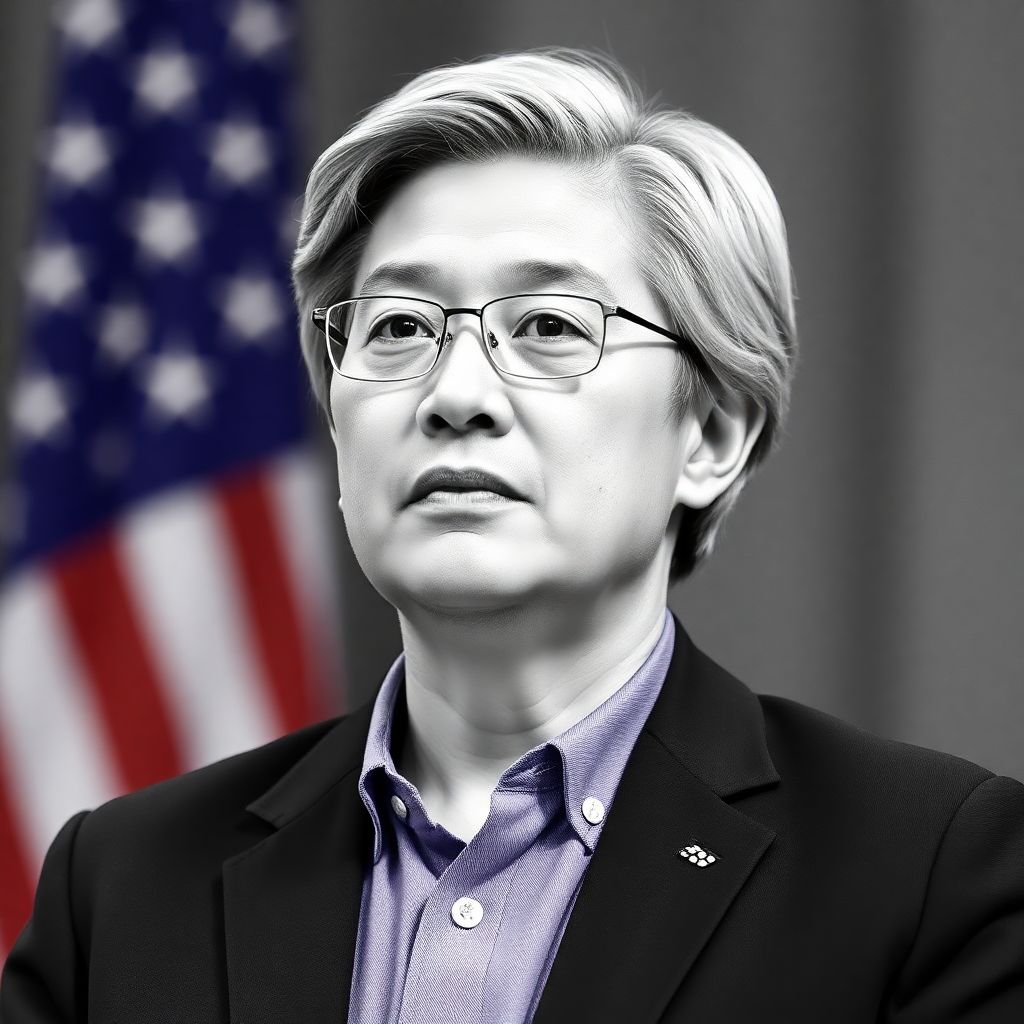Binance founder Changpeng “CZ” Zhao is preparing to take legal action against U.S. Senator Elizabeth Warren, accusing her of defamation over a social media post that allegedly misrepresented the outcome of his legal proceedings. The conflict has intensified the ongoing friction between crypto leaders and Washington lawmakers, particularly those advocating for stricter regulation of the digital asset industry.
The controversy erupted following a post Warren made on the social media platform X (formerly Twitter) on October 23, in which she stated that Zhao had “pleaded guilty to a criminal money laundering charge and was sentenced to prison.” Zhao’s legal team, led by attorney Teresa Goody Guillen, contends that this statement is factually incorrect and damaging to his reputation. While Zhao did plead guilty to violating the Bank Secrecy Act—due to Binance’s failure to implement adequate anti-money laundering protocols—he did not plead guilty to money laundering itself.
In response, Goody Guillen has sent a formal demand to Senator Warren, urging her to publicly retract the statement or face an imminent defamation lawsuit. The legal team argues that Warren’s comments not only misstate the facts but also constitute a misuse of her public office to spread falsehoods for political gain.
A crucial dimension of this unfolding legal drama involves the question of whether statements made by elected officials on social media platforms are protected under the U.S. Constitution’s Speech or Debate Clause, which generally shields lawmakers from legal liability for statements made in the course of legislative duties. Guillen has asserted that this protection does not extend to false or misleading posts made outside of official congressional proceedings.
Zhao’s legal troubles stem from a high-profile settlement between Binance and the U.S. Department of Justice, which resulted in the crypto executive serving a four-month prison term and paying a $50 million personal fine. Binance itself agreed to a massive $4.3 billion settlement. Despite stepping down as CEO, Zhao remains the company’s largest shareholder and continues to exert significant influence in the crypto space.
The legal threat against Senator Warren comes shortly after former President Donald Trump issued a pardon for Zhao, a move that reignited political tensions surrounding crypto regulation. In the wake of the pardon, Warren and fellow Senator Adam Schiff introduced a resolution condemning the act as “corruption,” further fueling the adversarial relationship between lawmakers and the crypto industry.
This episode is emblematic of a broader ideological clash over the future of financial regulation. Warren, a senior member of the Senate Banking Committee, has consistently positioned herself as a leading critic of digital assets, warning that cryptocurrencies facilitate illicit activities and evade regulatory oversight. Her stance has often put her at odds with crypto executives and libertarian-minded policymakers who favor innovation and limited government interference.
Zhao’s decision to pursue defamation litigation, should it proceed, could set a precedent for how public figures in the crypto sphere respond to political criticism. It also raises broader questions about the limits of political speech in the digital age and how social media platforms can amplify or distort public perception of legal facts.
The situation also underscores the complexities of public discourse in a time when legal outcomes are often misinterpreted or misrepresented online. While community fact-checking tools like X’s Community Notes have flagged Warren’s original post as inaccurate, the damage to Zhao’s reputation may already be significant, especially given the senator’s high profile.
Legal experts are divided on how a potential defamation case would play out. Some argue that as a public figure, Zhao would face a high burden of proof to demonstrate that Warren acted with actual malice or reckless disregard for the truth. Others insist that the clarity of the legal record—specifically, that Zhao was not convicted of money laundering—could give his case a solid foundation.
The broader crypto community is watching the dispute closely, as it could influence how industry leaders engage with policymakers in the future. If Zhao’s legal challenge is successful, it may embolden other crypto executives to push back against what they perceive as misinformation or politically motivated attacks.
In addition, the legal standoff signals an evolution in the relationship between crypto and traditional political institutions. Once considered a fringe financial movement, cryptocurrency is now deeply entangled in national conversations about regulation, enforcement, and the limits of political expression.
Should the case move forward, it may also shine a spotlight on the need for more nuanced legal frameworks that distinguish between protected political speech and potentially defamatory public commentary made on private platforms. As lawmakers increasingly use social media to communicate with constituents and shape narratives, the line between official discourse and personal opinion becomes ever more blurred.
In conclusion, Zhao’s threat of a defamation lawsuit against Senator Warren is more than just a personal dispute—it encapsulates the escalating tension between the decentralized, fast-moving world of crypto and the slower, regulation-focused machinery of government. Whatever the ultimate outcome, this confrontation is likely to reverberate across both political and financial landscapes in the months to come.
